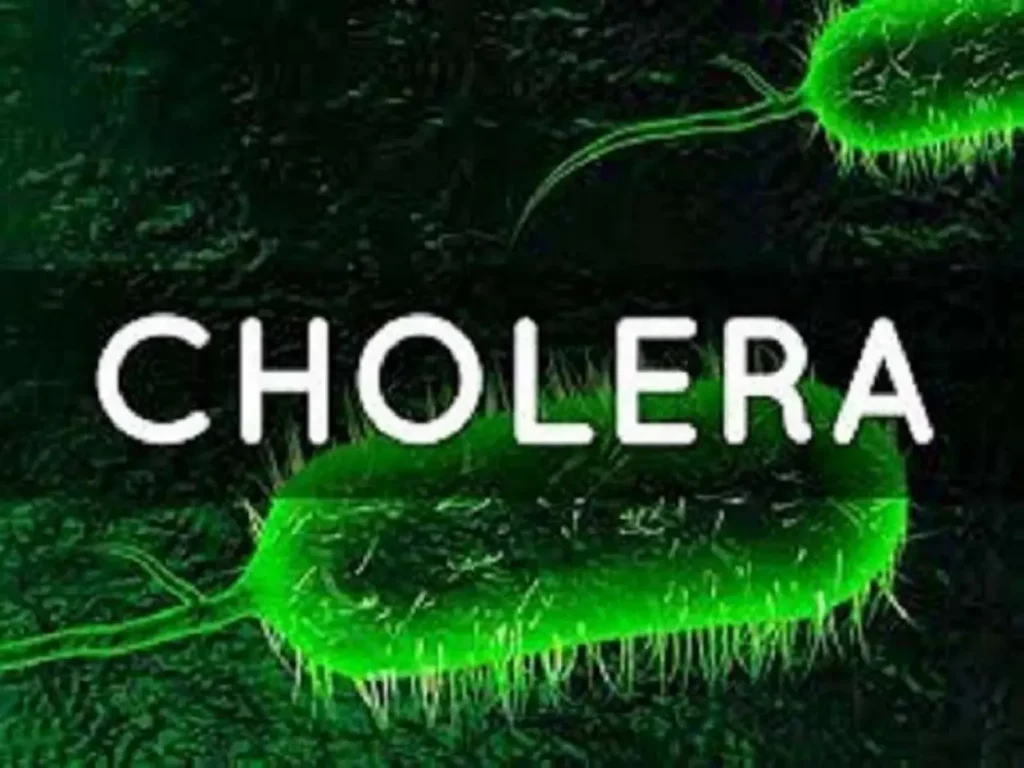CurrentReport Blog In a recent update, Lagos State Commissioner for Health, Prof. Akin Abayomi, revealed a troubling rise in cases of severe gastroenteritis in the region, with particular concern for cholera. The affected areas include Eti Osa, Lagos Island, Ikorodu, and Kosofe Local Government Areas (LGAs). Over the past 48 hours, approximately 60 individuals have been hospitalized, and sadly, there have been five fatalities, primarily due to late presentation and severe dehydration.
Health Authorities Respond to Potential Cholera Outbreak
The Lagos State Government has responded swiftly to these reports by calling for increased vigilance and the adoption of precautionary measures to curb the potential spread of cholera. In a statement issued by the Ministry of Health, signed by the Director of Public Affairs, Mr. Tunbosun Ogunbanwo, the public is urged to take immediate actions to prevent infection and spread.
Understanding Cholera and Gastroenteritis
Cholera is an acute diarrhoeal illness caused by ingestion of food or water contaminated with the bacterium Vibrio cholerae. It remains a significant global health threat and highlights areas with inadequate sanitation and clean water supply.
Gastroenteritis, on the other hand, refers to inflammation in the stomach and intestines caused by various pathogens, including viruses, bacteria, bacterial toxins, and parasites. The surge in cases reported in Lagos underscores the importance of addressing water quality and sanitation, especially in densely populated and underserved areas.
Statewide Surveillance and Investigation Initiatives
Prof. Abayomi emphasized the government’s immediate response, stating, “We have activated a statewide heightened surveillance and response. The Ministry of Health’s Directorate of Environmental Health and the Lagos State Environmental Protection Agency (LASEPA) have been tasked to investigate potential water contamination sources in the Lekki Victoria Island axis.”
Current surveillance reports have prompted concerns of a possible cholera outbreak. To confirm these suspicions, samples have been collected and are undergoing testing. This response comes as part of a broader national context, where Nigeria reported 815 suspected cholera cases and 14 deaths across 25 states as of April 28, 2024.
Impact of Recent Weather and Urban Living Conditions
Recent rains have exacerbated the situation in Lagos, leading to an increase in severe vomiting and diarrhoea cases. Urban slums and overcrowded areas with inadequate sanitation systems are particularly vulnerable. Prof. Abayomi pointed out that cholera, being highly contagious and capable of causing severe dehydration, poses a significant health risk in these areas.
Preventive Measures and Public Awareness
To combat this potential health crisis, Lagos residents are advised to adhere strictly to sanitation guidelines:
- Boil or Treat Water: Ensure drinking water is properly boiled or treated.
- Safe Food Practices: Consume only well-cooked food and avoid raw or undercooked items.
- Personal Hygiene: Regular handwashing with soap and water, especially before eating or handling food.
- Sanitation: Maintain clean surroundings and use proper waste disposal methods.
- Seek Early Medical Care: Prompt medical attention is crucial for anyone experiencing symptoms of severe vomiting and diarrhoea.
As Lagos navigates this potential health threat, community cooperation and adherence to health guidelines are paramount












